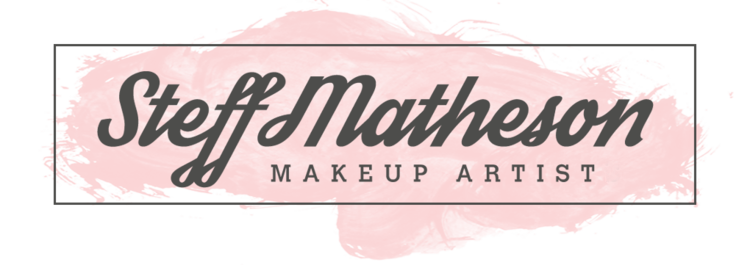Lately I've been receiving this or similar questions so I thought I had better elaborate.
Unfortunately the terms " professional" and "qualified" makeup artist are thrown around a lot in this industry, literally any one can pick up a brush and call them self a makeup artist. Almost as if it's a guarantee of quality or skill level. so here is a quick list of ways to make sure you're hiring the right person for the job.
*disclaimer: this is in no way meant to offend, discredit or defame, only to serve as a loose guide for those unsure of what to ask / look for when booking a makeup artist, I have structured this from my previous experiences as a consumer/ client and as an makeup artist working in the bridal industry*
- Always ask your potential artists for some credentials or referees if they're not mentioned on their website, take a look at their social media pages for reviews, check out their portfolio, whatever you need to do to know you're in safe hands.
- Find out where they were trained? There is a huge difference between a 4-12 week short course and a recognized certification, while there are institutions out there like napoleon perdis that offer " makeup artist" courses, they're not recognized as a qualification, also knowing that these artists are trained only in napoleon perdis cosmetics their skills are often limited to "smokey" eyes. Now, Beauty therapists, while yes they do a module of makeup artistry during their training, this does not cover facial analysis, correction, application, sanitation and maintenance. Now this isn't to say a self taught artist, beauty therapist, ect, are in any way inferior to a trained artist, I'm merely trying to give a loose guideline of what to look for in an artist. Ultimately it's your personal preference that counts.
- Business set up, do they have a website? do they have social media pages you can connect with? business cards? Publications? Portfolio? these are all signs that the artist is serious about what they do as a profession, as well as offering potential client like you ways to interact with your artist prior to booking/ service.
- Social Media following, this is where things get tricky, as on medias like facebook or instagram, you can buy likes for pay to advertise. so if you see someone with a tonne of likes, but only iPhone selfies of makeup they've done of themselves of friends, low quality portfolio shots or and this one really bugs me images of another makeup artists work. you'll know something doesn't quite add up.
- OHS, find out what OHS measures are in place? whats the life expectancy of their products? how old are their brushes/ mascaras,ect? Most makeup artists are proud of their kits and love talking about what we stock and how we take care of our makeup.
- You're allowed to ask for our professional indemnity and public liability certificates. this is proof that we're insured meaning ( touch wood) anything were to happen you're artist and you are covered, as well as the fact that the person your hiring not only considers themselves a professional, but cares about their owns and their clients safety.
- ask what they stock in their kit? now this can be tricky with the amount of counterfeit mac and other high end brands, as well as lower quality versions i.e. Napoleon Perdis vs. NP Set out there in the cosmetics market, so dig a little deeper if you feel worried at all, I myself order product direct from the manufacturers, ensuring my kit is not only fresh, but safe for clients. and keep all receipts and order invoices allowing proof of products legitimacy.
- Price, this is a huge indicator of quality and experience of your artist and the quality you should expect. we make our own rates, reflecting on our time in the industry, our training, our makeup kits quality, ect.
- Dress. Now I'm just getting picky here but, the industry standard of dress code is plain black, nothing too revealing or bold. Remaining Well presented, comfortable and tidy but also blending into the background and not stealing focus. This again comesdown the the artists personal preference, For me this isn't only a presentation issue, but wearing black ensures we do not have any colours bounce / reflect off what we're wearing and can cause colour miss matching. Myself when I'm working on collaborative photo shoots will dress more casually however still predominantly black, however when I'm on set (TVC, Bridal parties, look books ect) make sure I'm tidy, and dressed accordingly to the call sheet requirements if they differ from my standard plain black uniform.
All in all, if the artist is someone whose work you admire, fits your budget, and suit your events needs then book yourself in! and have a fabulous time :)

